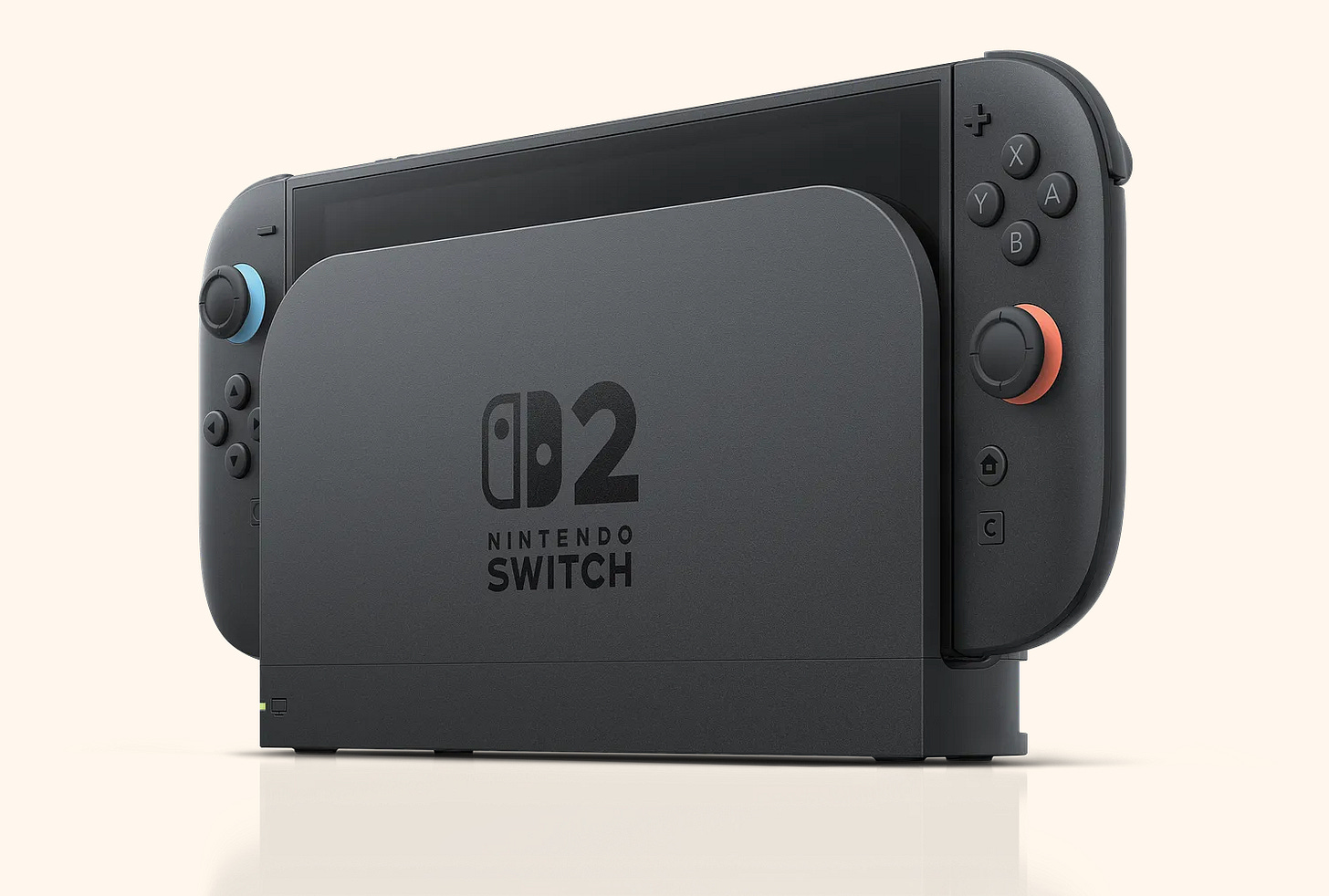PCs and smartphones exempt from Trump's tariffs. But not consoles.
Niko Partners warns of a consumer backlash from Asian consumers towards US-made video games and hardware
PCs and mobile phones are exempt from the latest tariffs imposed upon goods coming to the US.
However, video game consoles are not part of the exemption list released by the US Government. That means PlayStation, Xbox and Nintendo are facing additional costs on selling their machines in the country (for now).
The announced exemptions do cover components used in video game consoles. It’s unclear if the absence of consoles from the list was deliberate or an oversight.
One reprieve for Nintendo is that ‘solid-state non-volatile storage devices’ are also exempt from the tariffs, which would include Nintendo Switch cartridges.
The US Government had announced a 10% tariff on most goods coming into the US from all countries, except China which has been hit by a far larger 125% levy. It initially planned to introduce far harsher tariffs on multiple countries in addition to China, but those levies have been paused for a 90-day period. It still plans to reintroduce those larger tariffs, and global Governments are negotiating with the US to try and prevent that situation, and even remove the current tariffs entirely.
A 20% tariff imposed on all Chinese goods from earlier in the year remains in place.
Right now, it’s expected that console manufacturers will avoid passing on the cost increase to consumers. However, if the harsher measures come into effect, that will likely change. Asian countries, including China and Vietnam, are where most video game hardware products are made (including controllers), and these territories are the ones facing the highest tariffs.
Nintendo Switch, for instance, is manufactured heavily in Vietnam, which was initially struck with a 46% levy before the 90-day pause. As a result, Nintendo delayed US pre-orders for its Nintendo Switch 2 console, which is due to launch on June 5.
Meanwhile, analyst firm Niko Partners says that the situation could impact sales of US-made games and consoles in Asian countries, even if tariffs are avoided.
“It is not far-fetched to think that even if ‘a deal is struck’ for tariffs and other issues between the US and China, Chinese consumers would protest the economic uncertainty by avoiding US products and even by avoiding US technology and games,” wrote Niko Partners CEO Lisa Hanson.
“In fact, Chinese social media already has consumer discourse about a consumer-led rebuke against US-products. The same could become true in Vietnam, Japan, South Korea, Thailand and so many other countries. Chinese regulators could very well block US games from ISBNs, and may even take a closer look at blocking Steam International, which is currently a major part of China’s gaming ecosystem despite officially illegally operating.”






May 8 date is for Nintendo’s own store and was in place since April 2. Nintendo has not announced the US retailer preorder date yet.